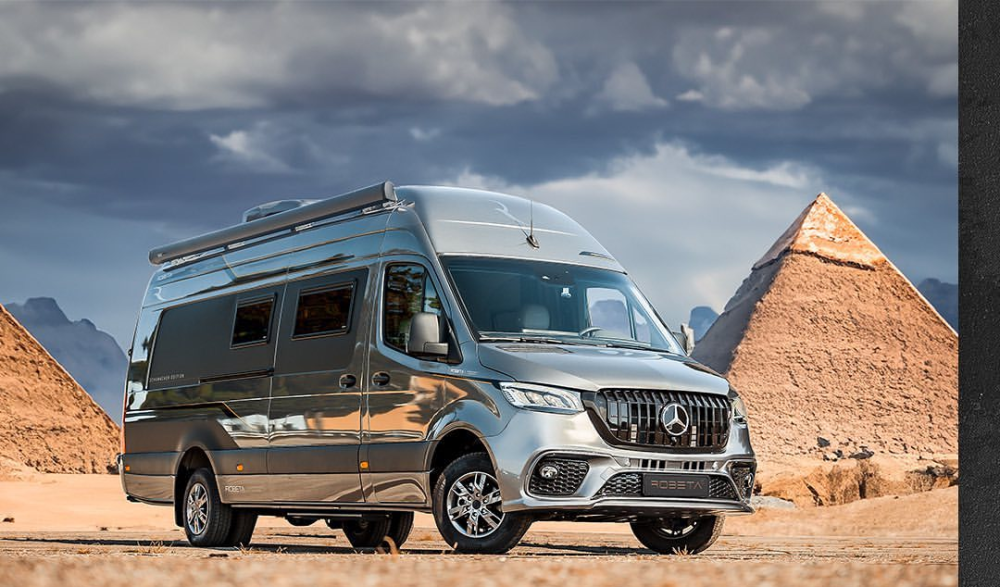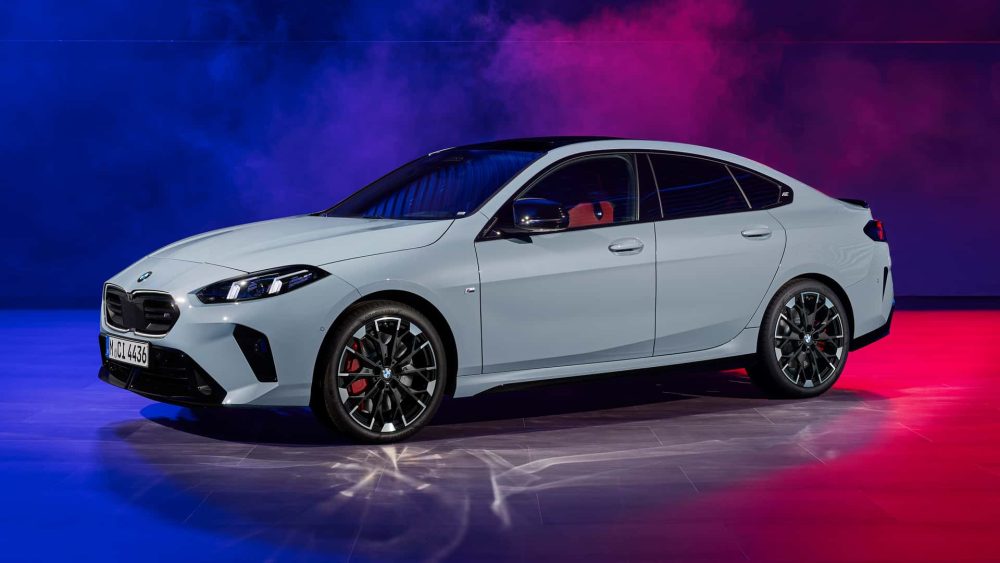The idea of an electric vehicle is, by no means, a new concept – it has been lingering for a long time but the demand is only increasing now. With the market rapidly needing supplies of plug-in vehicles, there’s no wonder why many manufacturers have started dipping their toes into this type of work.
When we think of EVs, one name emerges: Elon Musk, the CEO of Tesla, the car company that’s dominating the lucrative game. However, one rival aims to challenge the leader, Rivian, which was founded in 2009 by Robert Joseph Scaringe, nicknamed R.J, who revealed this was his high school dream.
Surely you’ve raised your eyebrow and we can’t blame you. Even after a decade in the industry, Rivian is just gearing to release its first vehicle.
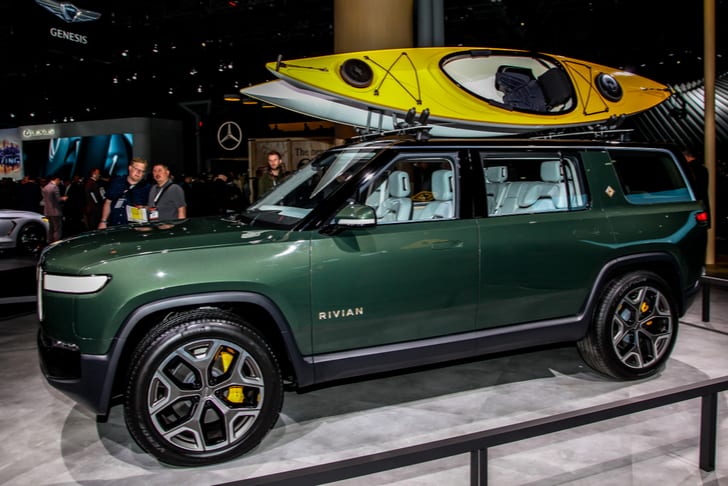
Miro Vrlik Photography / Shutterstock
But as you have noticed from other unsuccessful entrepreneurs, starting an independent car manufacturing company is not a walk in the park. So why did Rivian aim so high?
Increase in Demand
The next decade is touted to be the golden years of EVs, with the expectation that 21 million vehicles will be sold this year alone, a staggering increase from 2018’s 5.1 million units. By 2025, 98 million cars are projected to be purchased and 253 million in 2030.
Rivian has steadily been observing other EV manufacturers and the risks that may come with the scale of this business. In the past year, it has secured a $2.85 billion funding from Amazon ($700 million), Ford ($500 million), Cox Automotive ($350 million), and T. Rowe Price (over $1.3 billion).
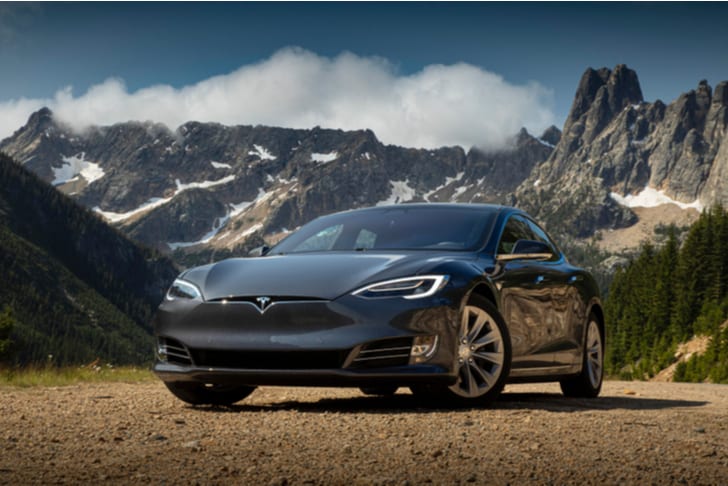
canadianPhotographer56 / Shutterstock
Even with that amount, is it enough for Rivian to rival Tesla? It is worth noting that the former company has had a smoother journey than the Palo, Alto-based brand.
Funding
From 2003 to 2008, Tesla has only received $100 million in funding, which the company used to make the Roadster. The unit was scrapped and was replaced with Model S, which needed about $350 million. Its Model 3 especially had the bumpiest road because there simply were too many problems.
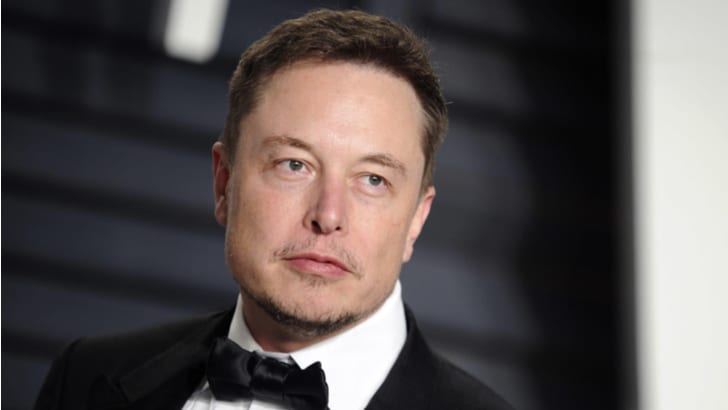
Christos S / Shutterstock
R.J., who has a mechanical engineering doctorate from MIT, is not too braggy when it comes to Rivian’s path, saying he knows things will not be perfect. In November 2018, the car manufacturer debuted R1S and R1T, two prototypes -- an SUV and a truck respectively.
It projects to create 20,000 units of combined truck and SUV in 2021 and double that figure in the following year. Rivian also promises three more models to be released until 2024.





